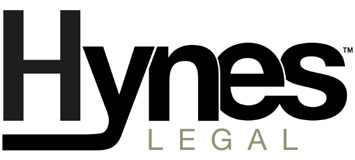Do you have an interest in a lot in your letting pool? If so, then read on…
Your role in acting for your owners as letting agent creates a relationship that is called fiduciary in nature. In legal terms this is the highest legal relationship that can exist. It is one in which you must put your business and other interests behind those of your client.
It is the same relationship that all lawyers and many other professional advisers have with their clients. They must always put their clients’ interest ahead of their own.
There are various ethical rules that exist in a fiduciary relationship. Leaving aside the common law, (which is effectively court created rulings), the legislative ethical rules for resident letting agents are set out in the Property Agents and Motor Dealers (Restricted Letting Agency Practice Code of Conduct) Regulation 2001 (‘the code’).
Legislative ethical rules
One of the most important (and often overlooked) parts of the code for the purposes of this newsletter is section 16(1) which says that:
‘A restricted letting agent must not accept an appointment to act, or continue to act, as a restricted letting agent for a client if doing so will place the agent’s duty or interests in conflict with the client’s interests.’
It then goes on to give an example of a conflict, which is:
‘An agent lets lots in a building complex for a client and the agent owns or has an interest in lots in the complex that the agent also lets.’
The section then continues to say that a breach of section 16(1) is cured if:
‘the agent discloses the conflict to the client in writing before accepting the appointment or continuing to act.’
The concept of ‘ownership’ as referred to in the example is quite simple. If you own a unit in the letting pool (as opposed to your management unit), you must disclose that to your letting owners. We think the safer view is that the obligation to disclose an ownership interest extends to ownership by entities associated with you as well (ie companies, trusts or family members related to you).
The word ‘interest’ in the example is far broader. This no doubt includes leaseback arrangements, but could also include other arrangements where the agent might be in the position where their interests can be preferred to those of other owners. Pooling schemes where not all owners participate or rental guarantees could also be a trigger. As always, the individual circumstances of each matter would be different and would require review.
Keeping owners informed
There is no set form for the required disclosure to owners. Our view is that it can be done in your monthly newsletter, your letting appointment or a separate individual letter to each owner. Just make sure there is evidence of it.
The key thing is that disclosure is made, as failure to do so could lead to catastrophic consequences. You also need to remember disclosure is just to your letting owners – not the body corporate as a whole. These particular obligations only extend to you in your capacity as agent.





